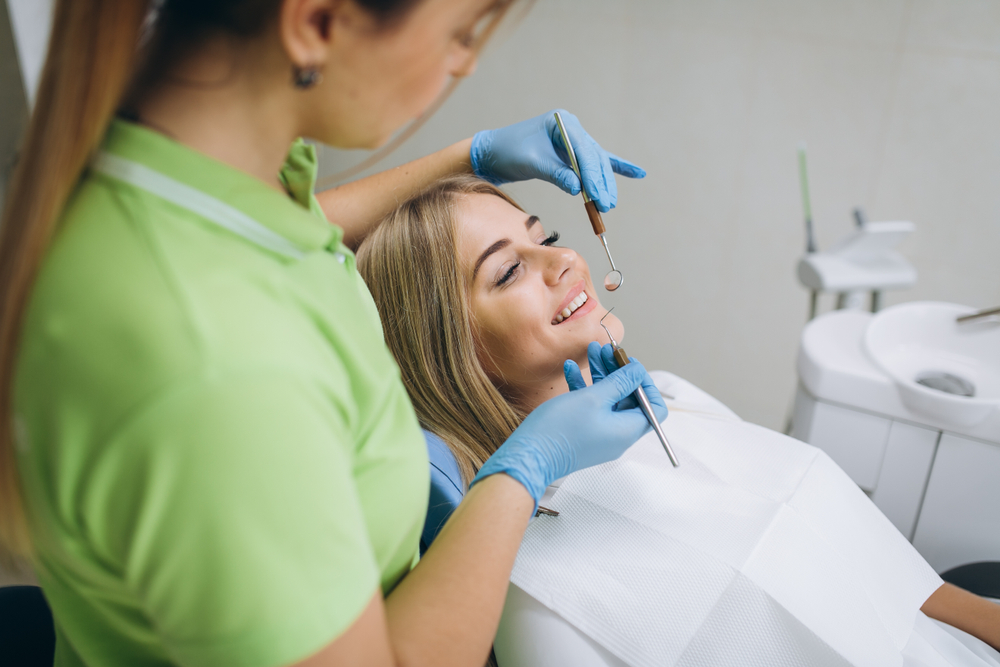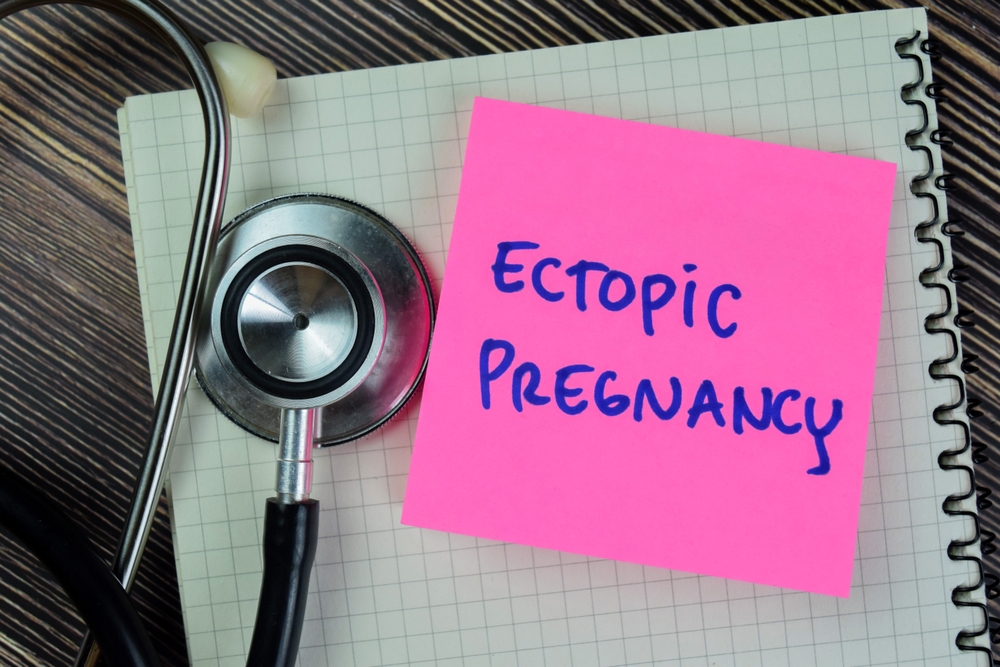The pregnancy miracle brings many changes, not just to your body but also to your overall health, including dental health. Understanding the connection between pregnancy and dental health and taking proactive measures to maintain good oral hygiene can significantly influence your and your baby’s well-being.
The Importance of Dental Health During Pregnancy
The pregnancy journey is a transformative period that goes beyond physical changes, influencing various aspects of a woman’s health, including her dental health. Oral care, unfortunately, often falls by the wayside during this critical period, despite playing a pivotal role in maintaining overall health and facilitating a smooth pregnancy journey. The importance of dental health during pregnancy cannot be overstated, as it significantly contributes to the well-being of both the mother and the baby.
The hormonal rollercoaster that characterizes pregnancy profoundly impacts a woman’s body, altering its response to dental plaque and increasing the risk of various oral health issues. These hormonal shifts make pregnant women more susceptible to conditions such as gingivitis and periodontitis, which, if left unchecked, could potentially escalate into more severe complications. Ignoring these changes or delaying appropriate oral care could lead to undesirable pregnancy complications such as premature birth or low birth weight. Therefore, a proactive approach toward maintaining dental health should be an integral part of prenatal care, underscoring the need for increased awareness and education on the subject.
Hormones and Oral Health during Pregnancy
Hormonal fluctuations are common during pregnancy, and they significantly affect dental health. Some potential oral health issues include:
- Pregnancy Gingivitis: This condition is characterized by swelling, redness, and bleeding gums and usually surfaces between the second and eighth months of pregnancy.
- Pregnancy Tumors: These non-cancerous growths appear on swollen gums, often during the second trimester. They usually resolve after delivery.
- Tooth Erosion: This can occur due to frequent vomiting from morning sickness, leading to tooth enamel erosion.
Safeguarding Oral Health During Pregnancy
Good dental habits form the basis of maintaining oral health during pregnancy. This includes:
- Regular Dental Visits: Ensuring regular dental visits is a cornerstone of maintaining oral health during pregnancy. These appointments provide an opportunity for professional cleanings, which remove plaque and tartar buildup that daily brushing and flossing might miss. More importantly, regular dental check-ups facilitate the early detection of potential oral health issues. By diagnosing problems early, appropriate treatment can be implemented swiftly, mitigating the risk of escalation. Consequently, regular dental visits ensure oral health and safeguard pregnancy wellness.
- Proper Brushing and Flossing: Adopting adequate brushing and flossing habits is crucial during pregnancy. Brushing at least twice a day with fluoride toothpaste is recommended. The fluoride in the toothpaste strengthens tooth enamel, protecting against decay. Flossing once daily is equally important as it removes food particles and plaque from between the teeth and under the gumline, areas your toothbrush can’t reach. Proper brushing and flossing are your daily defense mechanisms against plaque, gingivitis, and other oral health complications.
- Healthy Diet: Your diet is instrumental in your baby’s dental development. Consuming a balanced diet rich in vitamins A, C, and D, protein, calcium, and phosphorous not only nourishes your own body but also aids in the development of your baby’s teeth and gums. These nutrients contribute to forming strong teeth and healthy gums for your baby, setting the stage for their future oral health. Therefore, conscious eating should be part of your dental care routine during pregnancy.
- Rinsing After Morning Sickness: Morning sickness, characterized by nausea and vomiting, is a common occurrence during pregnancy. However, frequent vomiting can lead to tooth erosion as stomach acid wears away tooth enamel. To protect your teeth, it’s advised to rinse your mouth with water or a fluoride mouth rinse after bouts of morning sickness. This practice helps neutralize the stomach acid in your mouth, preventing it from damaging your tooth enamel. Implementing this simple measure can go a long way in safeguarding your oral health during pregnancy.
Dental Treatments During Pregnancy
It’s crucial to inform your dentist about your pregnancy so that they can plan treatments and procedures accordingly. Most routine dental work is safe during pregnancy, but some procedures are ideally performed after delivery.
- Routine Dental Work: Cleanings and cavity fillings can help prevent oral health issues from escalating.
- X-Rays: Although precautions are taken to protect your abdomen and thyroid, it’s generally recommended to postpone routine dental X-rays until after delivery.
- Major Dental Work: Non-emergency procedures such as cosmetic treatments should ideally be postponed until after the baby’s birth.
Dental Health in Fetal Development
Maintaining good oral health isn’t just essential for the expecting mother and impacts the developing fetus. Oral infections can spread through the bloodstream and reach the baby, potentially leading to complications. Moreover, the bacteria causing oral decay can be transmitted from mother to child, emphasizing the need for good oral hygiene practices during pregnancy.
Postpartum Considerations for Dental Care
Continuing good oral hygiene practices after delivery are just as crucial. Continue with regular dental check-ups and cleanings. If any dental issues were left untreated during pregnancy, now is the time to address them.
Your journey through pregnancy should include diligent attention to dental health. The hormonal changes that accompany this beautiful life transition can potentially affect your oral health, making it more crucial than ever to maintain good oral hygiene practices. Understanding the critical link between pregnancy and dental health can ensure a healthier and safer journey for you and your little one.
Sources:
- American Dental Association. (2021). Pregnancy. Retrieved from https://www.mouthhealthy.org/en/pregnancy/
- American Pregnancy Association. (2021). Pregnancy and Oral Health. Retrieved from https://americanpregnancy.org/healthy-pregnancy/is-it-safe/oral-health-and-pregnancy-114/
- Centers for Disease Control and Prevention. (2021). Oral Health. Retrieved from https://www.cdc.gov/oralhealth/basics/index.html








